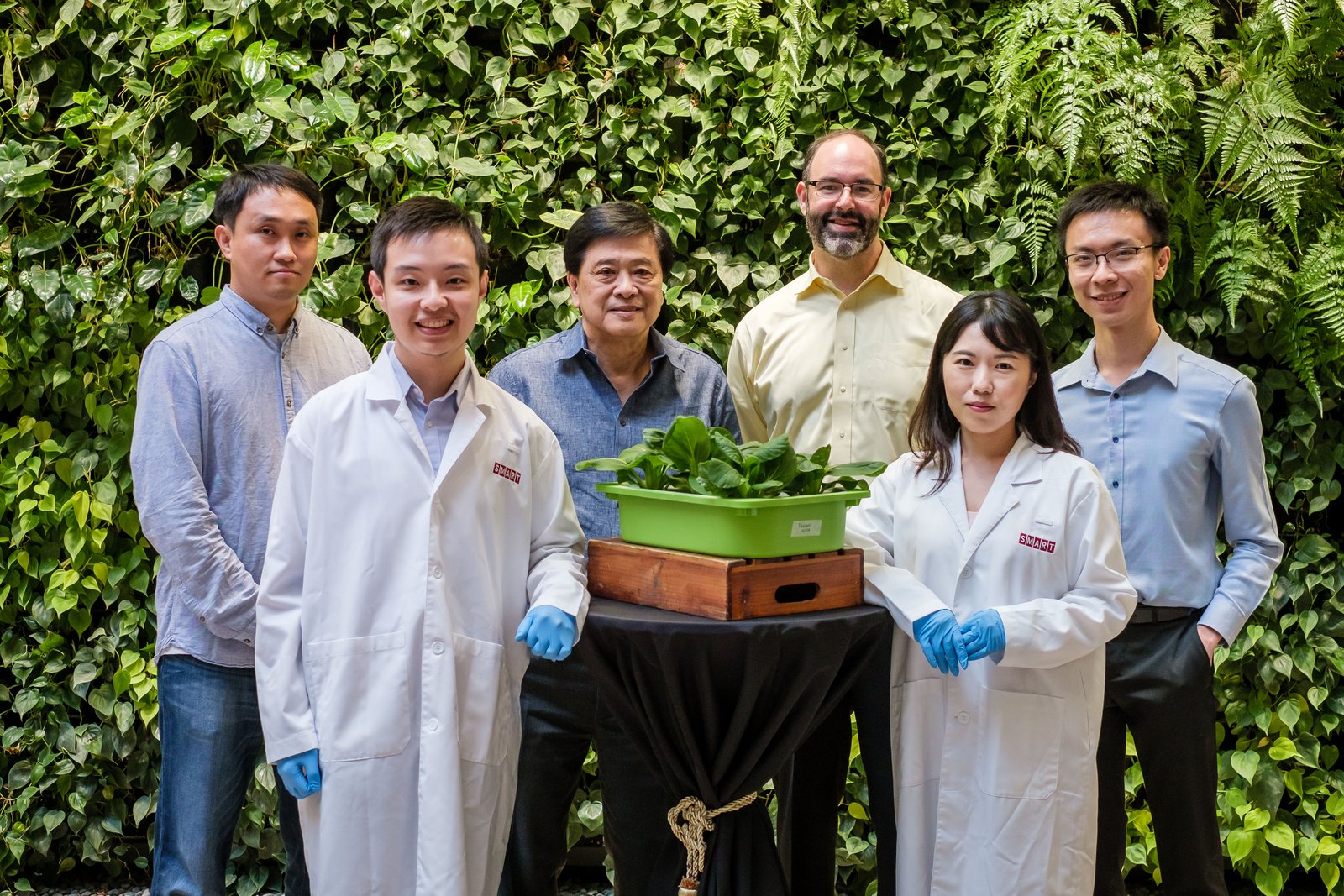Wednesday, 25 February 2026
Singapore to become urban agri-tech hub by precision agriculture and urban farming
DiSTAP’s mission facilitates Singapore’s agricultural independence, ensures access to high-quality foods for the future, and will develop technology for global application Singapore-MIT Alliance for Research and Technology (SMART), MIT’s Research…

DiSTAP’s mission facilitates Singapore’s agricultural independence, ensures access to high-quality foods for the future, and will develop technology for global application
Singapore-MIT Alliance for Research and Technology (SMART), MIT’s Research Enterprise in Singapore, aims to make Singapore a leader in precision agriculture and urban farming through association with researchers, engineers and scientists. In this regard, a two-day symposium was held on “Emerging technology of urban farming” on 15th and 16th August 2019 at NUS Singapore. The event was jointly organized by SMART’s Disruptive Sustainable Technologies for Agricultural Precision Program (DiSTAP) and Temasek Life Sciences Laboratory (TLL). Prof Michael Strano, lead investigator, Singapore-MIT alliance for research and technology DiSTAP, addressed the potentials of precision agriculture and urban farming. Prof Nam-Hai Chua, NUS Professor and TLL Deputy Chairman also gave insight on the program.
Singapore is aiming to become the region’s urban agriculture technology hub given its climate for innovation, strong talent base and strategic location in the Asia Pacific. It was announced early this year that more than $90 million worth of investments will go into early-stage tech start-ups with food and agri-tech solutions, to boost the agri-tech sector.
Disruptive & Sustainable Technologies for Agricultural Precision (DiSTAP) is one of the five Interdisciplinary Research Groups in the Singapore-MIT Alliance for Research and Technology (SMART) Centre. DiSTAP is a research programme funded by the National Research Foundation (NRF), under its campus for Research Excellence and Technological Enterprise (CREATE) programme. Through this symposium, DiSTAP aims to revolutionize food production to meet the demands of a growing population with a focus on:
- development of tools, such as nanotechnology and microelectronic sensors that can measure the flow of nutrients and hormones within plants, that will allow scientists to study how plants adapt and develop;
- using this knowledge and tools to select and develop plant varieties that are richer in nutrients and can grow in high density;
- development of complementary technologies for producing nutrients and high-value food components at high volume; and
- application of these technologies to improve urban farming.
DiSTAP’s mission will facilitate Singapore’s agricultural independence, ensures access to high-quality foods for the future, and will develop technology that can also be applied globally – making Singapore a leader in precision agriculture and urban farming. Singapore aims to produce 30% of its nutritional needs by 2030.
The two day symposium had presentation from spokespersons from diversified research background who elaborated their views and findings on area like, “Disruptive technologies for Precision agriculture, Technologies for food safety and nutrient uptake, Volatile Organic Compounds (VOCs) in Urban agriculture, Nano sensing for Urban agriculture, Food security, Challenges and opportunities from lab to table”. Additional research highlights were presented in DiSTAP research programs. The key focus of presentations was on precision agriculture and its significance for Singapore and urban centres, the potential of urban farms to change the agricultural landscape, disruptive and innovative technologies and future requirements in precision agriculture and urban farming, and role of SMART DiSTAP in revolutionizing food production and security.
SMART is a major research enterprise established by the Massachusetts Institute of Technology (MIT) in partnership with the National Research Foundation of Singapore (NRF) in 2007. SMART which is the MIT’s largest international research programme is also the first entity in the Campus for Research Excellence and Technological Enterprise (CREATE) developed by NRF. MIT faculty members, postdoctoral associates, graduate students and researchers from universities, research institutes & industries in Singapore and Asia collaborate to develop agri-tech innovations at SMART laboratories. The highly collaborative effort of SMART brings together the expertise of the Massachusetts Institute of Technology, Temasek Life Sciences Laboratory (TLL), National Technological University (NTU) and National University of Singapore (NUS).
Technology
Australian Medical Bodies Push for Compulsory Health Star Labelling
Feb 24, 2026 | Australia
Tim Hortons Singapore Secures Majlis Ugama Islam Singapura Halal Certification Ahead of Ramadan
Feb 23, 2026 | Company News
Refresco Adopts Sidel’s EvoBLOW Laser to Redefine PET Lightweighting
Feb 23, 2026 | Company News
Food Testing
Australian Medical Bodies Push for Compulsory Health Star Labelling
Feb 24, 2026 | Australia
Tim Hortons Singapore Secures Majlis Ugama Islam Singapura Halal Certification Ahead of Ramadan
Feb 23, 2026 | Company News
More Popular
Nestlé Research Shows NR and NMN Boost NAD+ and Support Microbiome
Feb 24, 2026 | Nutrition
Cargill Partners with Kokomodo to Explore Cell-Based Cacao Innovation
Feb 24, 2026 | Company News
Australian Medical Bodies Push for Compulsory Health Star Labelling
Feb 24, 2026 | Australia




